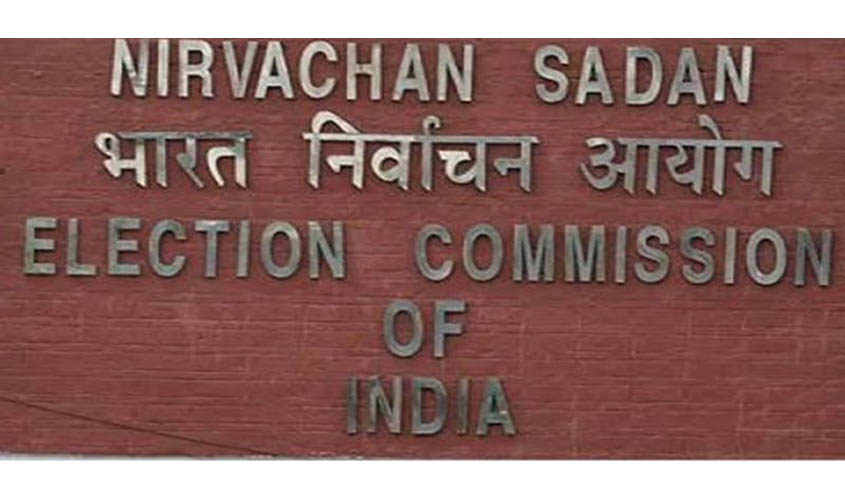Special focus will be on MP, which registered 165 cases of confirmed paid news during the 2013 polls.
The Election Commission (EC) will act tough against the menace of “paid news” in the upcoming Assembly polls in five states. Special vigil will be kept in Madhya Pradesh (MP), as according to 2013 EC data, the state registered the third highest number of confirmed cases of paid news.
The dates for Assembly elections in five states have already been announced. Madhya Pradesh and Mizoram will go to the polls on 28 November, Rajasthan and Telangana on 7 December, and Chhattisgarh in two phases, on 12 and 20 November. Counting of votes in all five states is scheduled to take place on 11 December.
Sources close to the EC have said that the Election Commission is working on strategies to prevent the menace of rampant paid news in all the poll-bound states. Special attention will be given to MP as it has a bad record for showing the third highest number—165—of confirmed paid news cases registered during the 2013 Assembly elections. Punjab and Gujarat occupied the first and second positions respectively. Learning from its past experience, the EC has chalked out a strategy to monitor content of newspapers and TV channels round-the-clock.
The Narottam Mishra case from MP is an example of the “menace of paid news” in the country. After a prolonged process, Mishra was disqualified for three years by the EC in July this year for using paid news articles during the 2008 Assembly elections, according to a former EC official.
A source close to the EC told The Sunday Guardian: “The EC has planned to establish a centralised monitoring centre in all the five poll-bound states, with at least two nodal centers to keep watch on the menace of paid news on the ground.”
“The EC will appoint one nodal official for each centre in all five poll-bound states. Specially trained officials who can identify paid news will be given responsibilities for monitoring cases of paid news. Also, the EC has decided to induct technology to keep an eye on paid news cases,” the same source mentioned above said.
The EC acts against paid news based on the definition of paid news given by the Press Council of India (PCI), which defines paid news as “any news or analysis appearing in any media for a price in cash or kind as consideration”.
However, the absence of legislation has tied the hands of the EC on the issue of paid news and the Commission is left with “limit scope” in this regard, thus failing to act against paid news. Establishing that the news published is paid for becomes a difficult task for the EC, as transactions of cash are usually kept secret.
The EC has been writing repeatedly to the Ministry of Law and Justice on the issue, seeking that paid news be treated as a cognizable offence, but there has been no movement so far. There are enough figures that point to the growing menace of paid news, according to the PRS legislative, a non-government organisation.
The gravity of the menace of paid news in elections can be understood from the number of cases or complaints registered with the EC. As per data from the Election Commission, there were 80 cases of paid news in Punjab and 56 in Uttar Pradesh in the last concluded Assembly elections. There were no cases of paid news reported from Goa, Manipur and Uttarakhand that also went to the last concluded Assembly polls.
The 2016 Assembly elections had 23 confirmed cases of paid news, with 17 in Tamil Nadu, five in Assam and one in West Bengal. In 2015, seven confirmed cases of paid news were registered in Bihar during, according to EC data.
As many as 600 complaints of alleged paid news were received by the EC in the 2014 Lok Sabha elections. With the advent of social media, the task of preventing paid news has become difficult. Also, social media has begun to pose another kind of burden in the form of spread of fake news during polls in the country.

